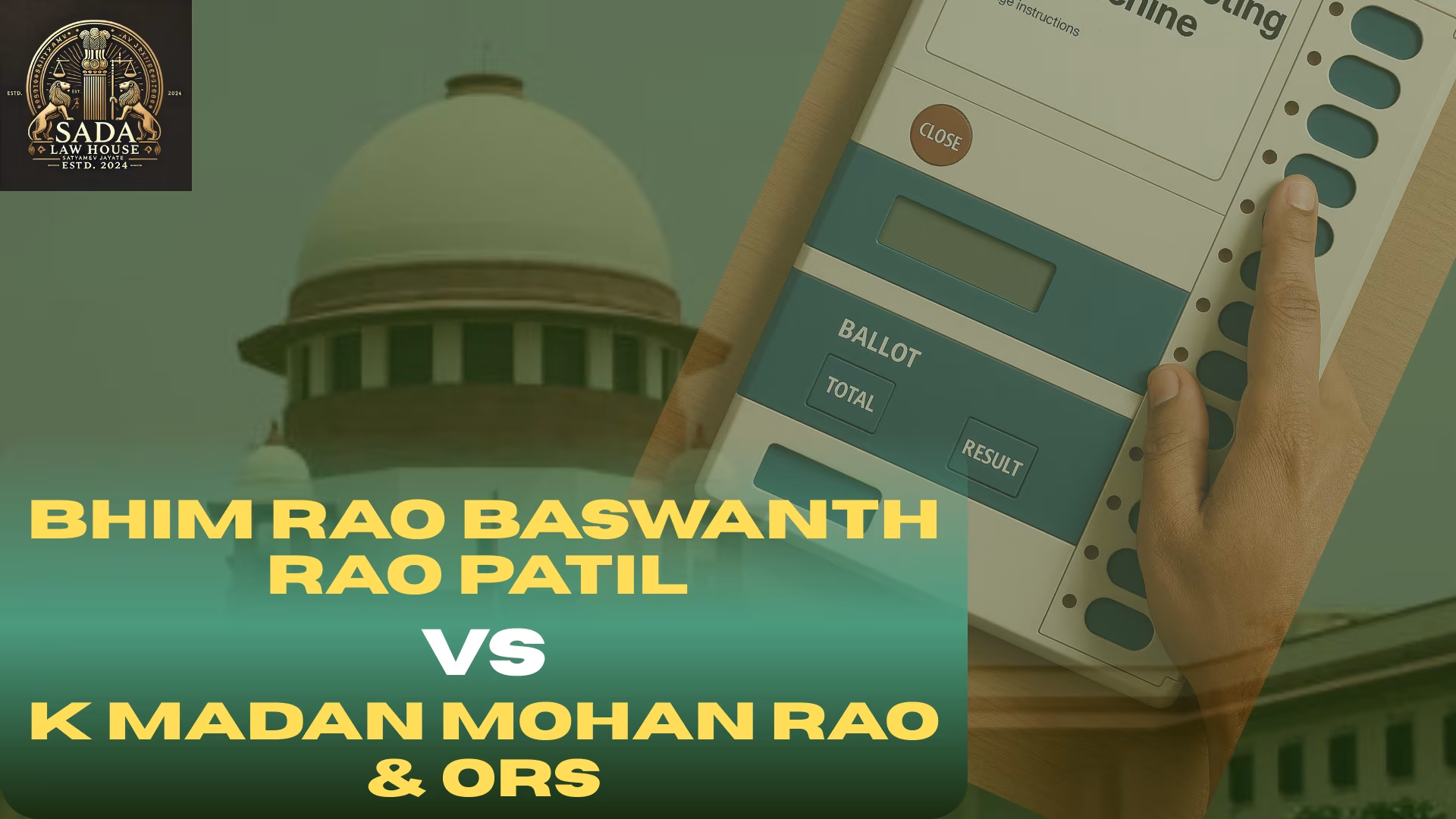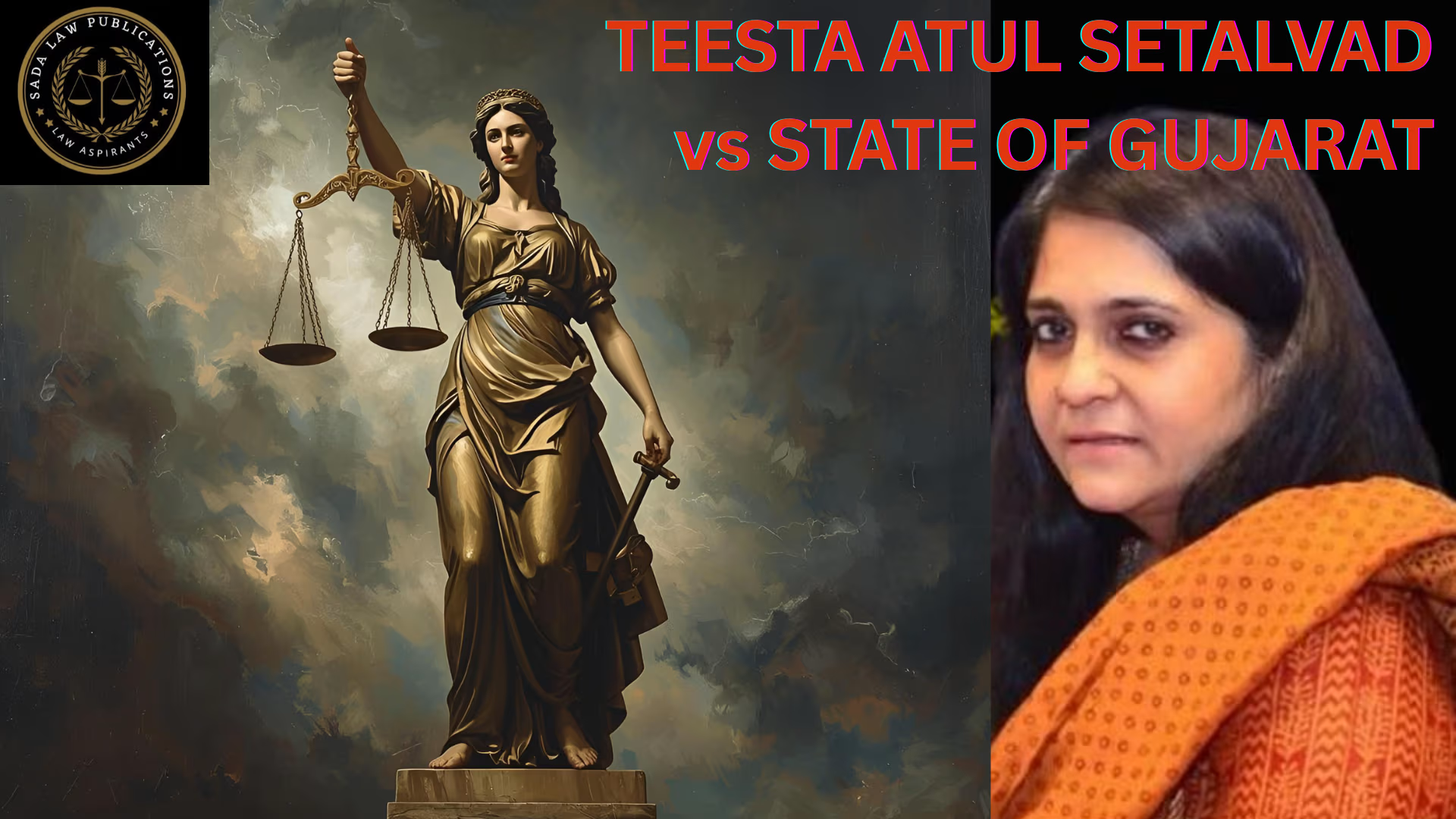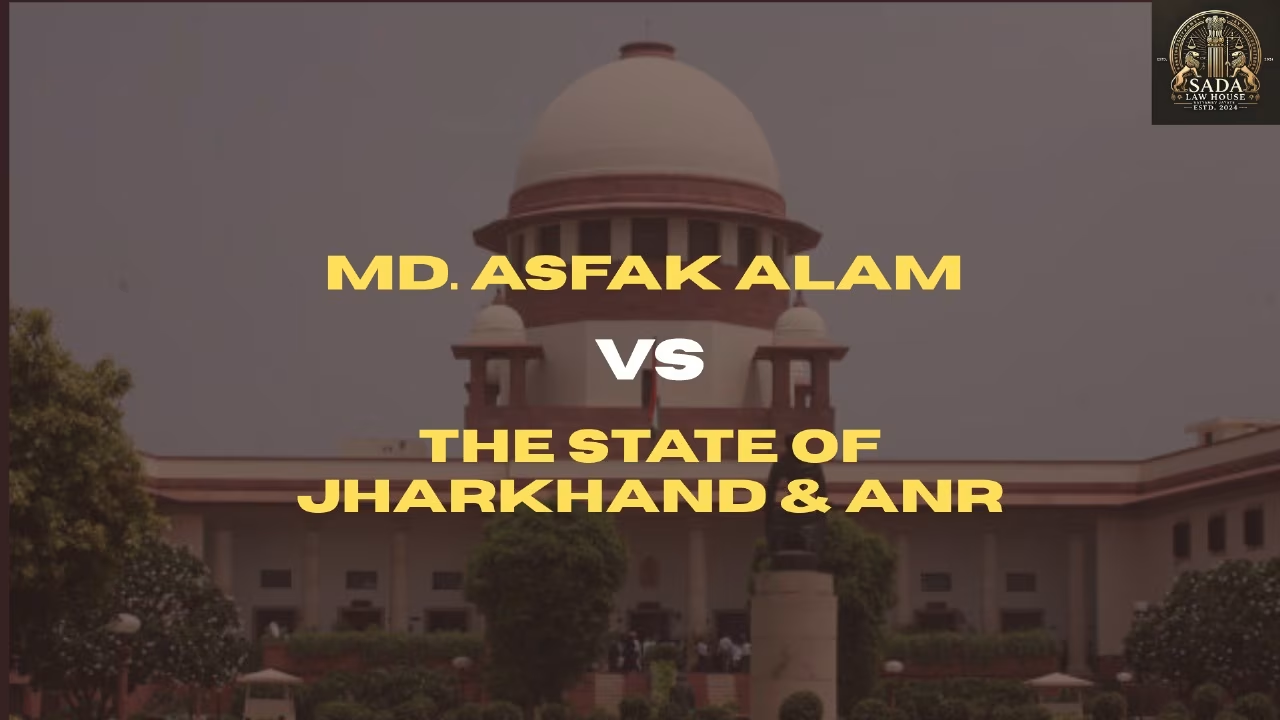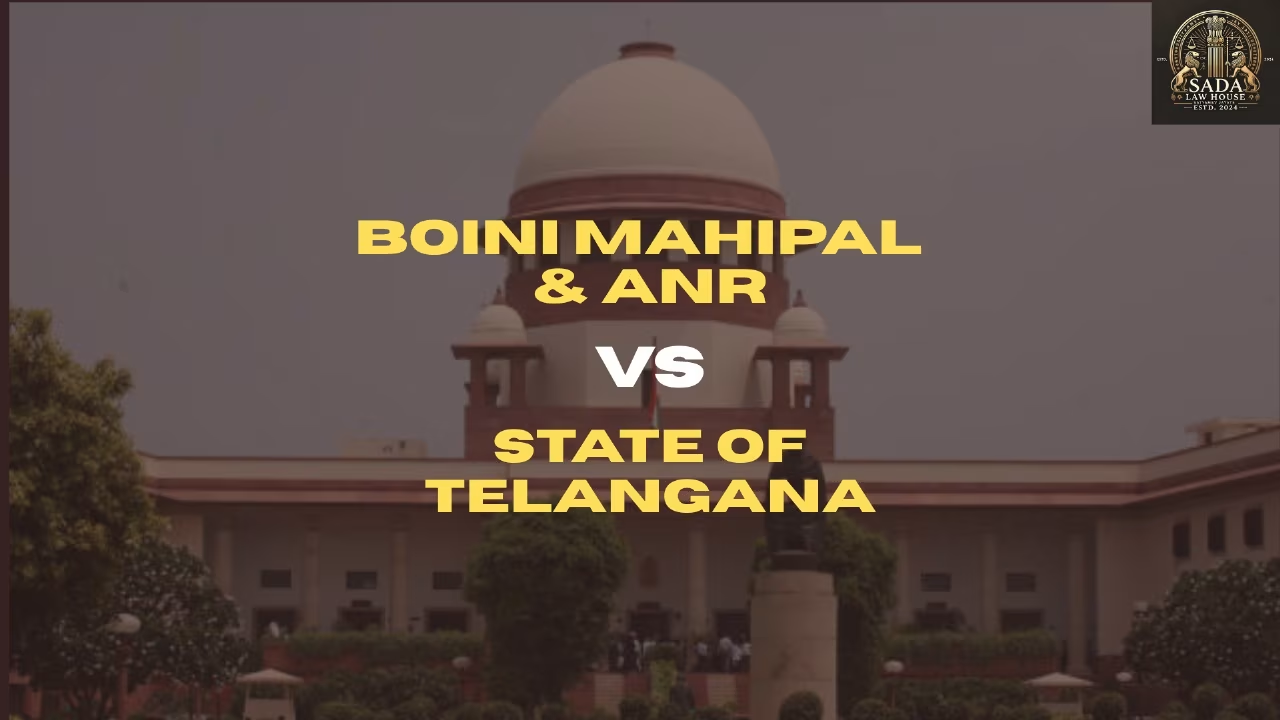Maintainability of an Election Petition and the Need for Substantive Material Facts under the Representation of the People Act, 1951
- Reha Bhargav
- Sep 29, 2025

Introduction
The case of Bhim Rao Baswanth Rao Patil v. K. Madan Mohan Rao & Ors. (decided on July 24, 2023) deals with the maintainability of election petitions under the Representation of the People Act, 1951 (RPA). It highlights the balance between strict procedural requirements and the substantive principles of electoral justice. The dispute raised the question of whether defects in pleadings—such as lack of technical detail—render an election petition invalid, or whether such petitions should be allowed to proceed if they disclose triable issues of corrupt practices.
Background
Bhim Rao Baswanth Rao Patil was elected as the returned candidate from Zaheerabad constituency in the 2018 Telangana Legislative Assembly elections.
His rival candidate, K. Madan Mohan Rao, filed an election petition under the RPA alleging corrupt practices, including undue influence and use of religion during campaigning.
The appellant sought rejection of the petition under Order VII Rule 11 CPC, arguing it was vague and lacked the required “material facts” as mandated by Sections 81 and 83 of the RPA.
The High Court refused to dismiss.
the petition and allowed it to proceed. The appellant challenged this decision before the Supreme Court.
Key Developments
Appellant’s Argument: Petition was defective, vague, and failed to disclose a valid cause of action; strict compliance with RPA provisions is mandatory.
Respondent’s Argument: Petition contained essential allegations of corrupt practices; minor technical defects are curable and should not bar the case from trial.
High Court rejected the appellant’s objections.
Appeal filed before the Supreme Court challenging maintainability.
Issues
Whether the election petition was liable to be rejected under Order VII Rule 11 CPC for failing to disclose material facts and cause of action?
Whether procedural defects or deficiencies in pleadings under Sections 81 and 83 RPA are fatal, or whether they can be cured in the interest of justice?
Current Status
On July 24, 2023, the Supreme Court upheld the High Court’s order, rejecting the appellant’s plea and allowing the election petition to proceed to trial.
Judgment
The Supreme Court ruled that the petition contained sufficient material facts to raise triable issues.
It emphasized that petitions should not be dismissed at the threshold unless they are clearly frivolous or barred by law.
The Court clarified that deficiencies in detail may be curable, provided the foundational allegations of corrupt practices are present.
The judgment reinforced a pragmatic approach: election petitions must be read as a whole rather than dissected technically.
Conclusion
The Supreme Court reaffirmed that electoral justice should not be sacrificed for technical formalities. Election petitions alleging corrupt practices must be allowed to proceed if they disclose substantive grounds, even if imperfectly pleaded. This ruling underscores the judiciary’s responsibility to safeguard the integrity of the electoral process while also reminding petitioners of the need to provide material facts. It strikes a balance between procedural rigor and the democratic principle of ensuring free and fair elections.






